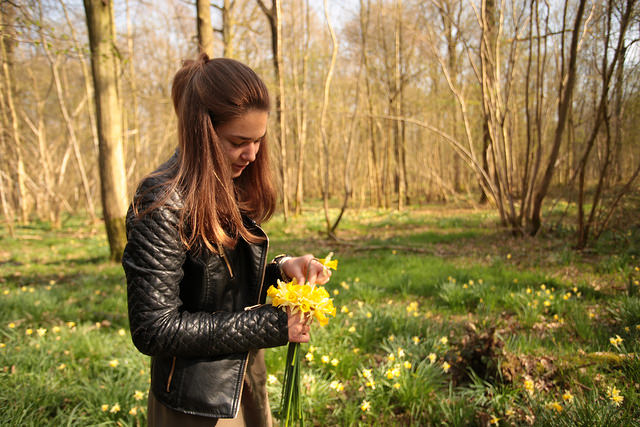Finding Your Muse
By Dr. Tyra Seldon
My parents were married for almost fifty years. Never did I fully grasp what life without one of them would entail. Then, on May 6, 2015, my father entered home hospice. I read everything that I could get my hands on about his prognosis. We met with the hospice team and told all of our immediate extended family members. For the next few weeks, visitors, and care givers entered my parents’ home on a daily basis as we watched my father slowly, and peacefully, begin the transitioning process.
We rotated sleeping in the spare bedroom that had become a makeshift hospital room. During my time with daddy, I would share some of my favorite family memories, often starting a story with, “Remember when. . .” Days before he died, he lost the ability to speak, yet, I continued reading to him, believing that somehow, he heard me and he was pleased.
May 27, 2015 life as we knew it changed. As my mother gently caressed my father’s head and I held his left hand, my father took his last breath. Almost instinctively, I placed my hand on his chest and I was able to feel his last heartbeat.
Within minutes, the man who I admired and who I thought the world of was no longer with us.
By societal standards, my parents had us later in life. While many of my friends have parents in their 60s, my parents were in their 70s and 80s respectively. My father, in particular, was actually old enough to be my grandfather. I used to tell people that I was lucky because I had a father and grandfather rolled up into one, especially when I would retell his stories about being a child of the 1930s and teenager of the 1940s and 1950s in Detroit when the city was bustling with Black creativity, genius and yes, prosperity.
Since his passing, I have had a lot of time to think about him and his legacy. As a retired educator, many of his former students have reached out to us to share their fondest memories of Mr. Seldon. A middle school science teacher, my dad was known just as much for his passion about teaching as he was for his amazing storytelling abilities.
Part philosopher and humorist, his timing was impeccable. Hand gesticulations, inflections and intonations made his stories memorable and, at times, fantastical. No matter what the topic, every story included a lesson: “An Idol mind is the devil’s workshop”; “a rolling stone collects no moss;” “cleanliness is next to godliness”; “give someone their flowers while they can still smell them”; “wait broke the wagon”; “a bird in the hand is better than two in the bush” or “know thyself” were some of my favorites.
Although he was not the originator of any of these phrases, he had an uncanny ability to interject them into a conversation in order to prove a point or to provide, at times, unsolicited, advise.
If you had a concern or problem, he had an adage, mantra, philosophical quote or bible verse for you. One time, I shared with him that I was deeply concerned about what some of my former students had written about me on Rate my Professor. In the middle of our conversation, he started to quote Shakespeare (hand gestures and all):
Reputation, reputation, reputation! O I have lost my
reputation! I have lost the immortal part of
myself, and what remains is bestial. My reputation
Iago, my reputation.
After his oration, he left the room. There I was distraught that some students had called me ‘Tyra the Tyrant’ and there daddy was quoting Cassio from Shakespeare’s Othello. He didn’t have to say anything else; it was understood which, ironically, describes most of our relationship. Certain things were just unspoken. My father was not emotive; in fact, I can count on two fingers how many times he actually said, “I love you.” It too was understood.
I now grasp that his stories were his love language. His deep and abiding affection was revealed in which stories he told, when he told them, and to whom he told them.
His physical voice may be silenced forever, but he lives on in the anecdotes, allegories, proverbs, and the literary quotes that he often shared. The permanency of his death is softened, if only slightly, by the fact that his voice will live on in those who listened to his stories.
“In the end, we’ll all become stories.” -Margaret Atwood
